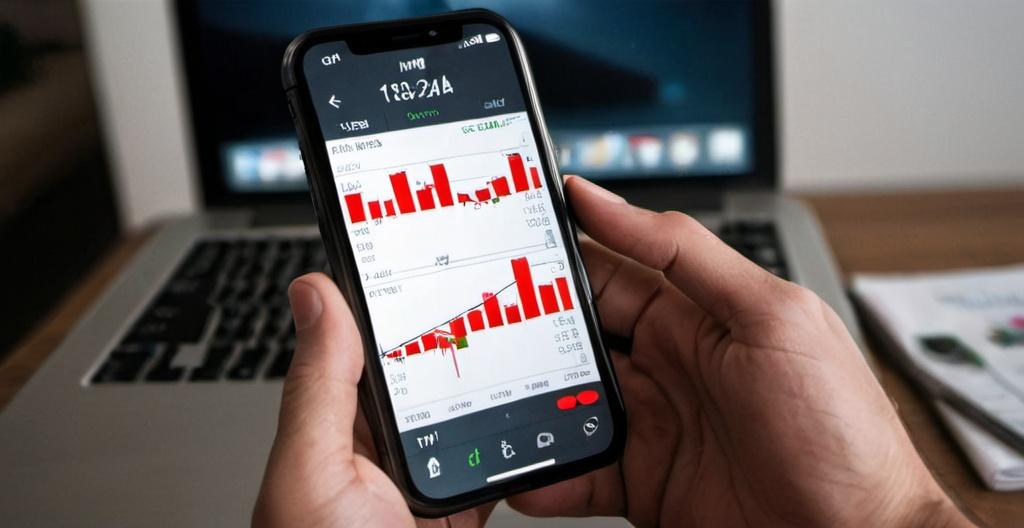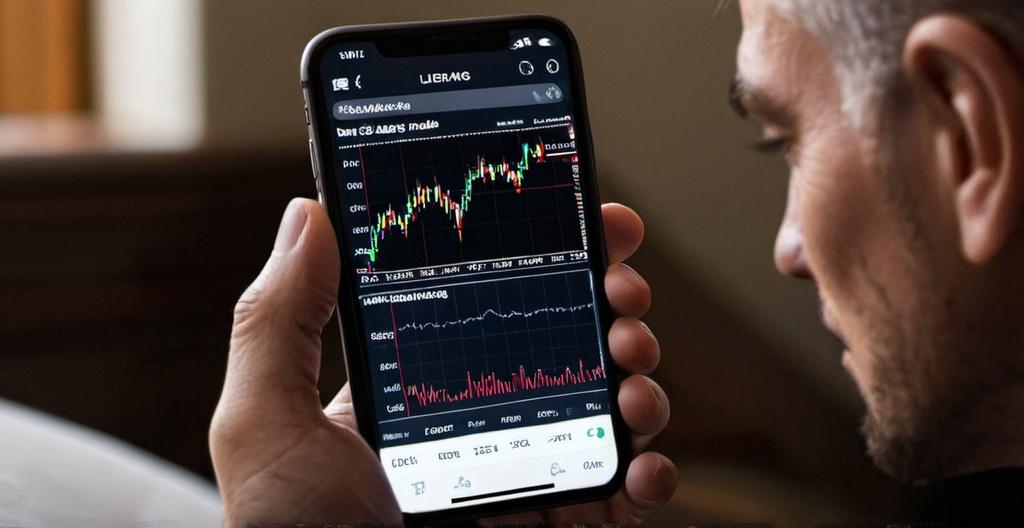Binary options trading is not explicitly banned in Bolivia, but it operates in a legal vacuum. There is no dedicated regulatory framework that addresses binary options as a financial product, and no local licensing regime for platforms offering such services. As with forex and other forms of speculative trading, Bolivian residents access binary options through international brokers—most of which are based offshore and regulated (if at all) by authorities outside Bolivia.
The Autoridad de Supervisión del Sistema Financiero (ASFI), Bolivia’s financial regulator, supervises traditional financial institutions such as banks, insurance companies, and pension funds. It does not currently supervise or license any binary options platforms. This absence of local oversight means that while traders can legally participate in binary options trading through online brokers, they do so without any domestic protection, legal recourse, or regulatory support if disputes arise.

How Bolivian Traders Access Binary Options
Given the lack of local brokers, Bolivian traders rely entirely on foreign platforms. Some of the more recognizable names in the binary options space—especially those that serve Latin America—offer multilingual interfaces, local currency funding options, and low minimum deposits. However, these conveniences do not always equate to safety. Many binary options brokers operate without meaningful regulation or transparency. Others are regulated in jurisdictions with limited enforcement capabilities, creating an uneven risk environment for users.
The most common method for Bolivian users to fund their binary options accounts is through credit or debit cards, digital wallets, or international wire transfers. Some platforms accept cryptocurrencies, which can be appealing in regions with capital controls or limited banking access. However, crypto deposits remove any possibility of chargebacks or reversal, further increasing the risk in the event of broker misconduct.
Broker Risks and Regulatory Absence
The structural risks of binary options are amplified in Bolivia due to the lack of local protections. Many brokers use a “B-book” model, where the broker acts as the counterparty to the trader’s position. This means the broker profits when the trader loses—an inherent conflict of interest that has led to widespread abuse in the industry globally. Without a regulatory framework to monitor pricing, trade execution, or withdrawal behavior, Bolivian traders are exposed to brokers who can manipulate outcomes without consequence.
Complaints of frozen accounts, denied withdrawals, and sudden account closures are not uncommon in the binary options space. In markets like Bolivia, where regulators have little to no oversight of such activity, these practices go largely unpunished. Traders who fall victim to scams typically have no realistic path to recover funds.
Trading Psychology and Local Trends
Binary options appeal to a broad cross-section of traders in Bolivia for the same reasons they do elsewhere: simplicity, low entry costs, and fast results. The all-or-nothing nature of the product makes it feel accessible, particularly to younger traders or those without prior experience in financial markets. However, the same simplicity that makes binary options attractive also masks their speculative nature.
Platforms often market binary options as “low risk” or “easy to learn,” which misrepresents the true odds involved. The short time frames, limited trade flexibility, and lack of control once a position is opened turn binary options into a high-risk product. For many traders, losses come quickly, often leading to overtrading or attempts to recover losses emotionally rather than strategically.
Access to Education and Resources
One of the challenges in Bolivia is the limited availability of credible, region-specific trading education. Most binary options platforms provide only the most basic overviews, often designed to drive users into live trading quickly rather than helping them understand the risks. Independent resources like BinaryOptions.net offer more structured education, broker reviews, and strategy content, though the material is typically geared toward a global audience and not tailored specifically to Bolivian conditions.
Nevertheless, platforms like BinaryOptions.net can serve as a critical first filter for Bolivian traders looking to separate legitimate brokers from unregulated operations. With no local licensing authority, external reviews and regulatory status become some of the only tools traders have to protect themselves.

Conclusion: Proceed with Caution, Not Assumption
Binary options are legally accessible in Bolivia but operate in an unregulated space. Traders can participate, but they do so at their own risk. The burden of due diligence falls entirely on the individual, from researching the broker’s regulatory status to verifying withdrawal reliability and understanding the product’s risk structure. For traders willing to take on that responsibility, binary options remain available—but not without hazards.
Until Bolivia creates a clear framework for monitoring or licensing such platforms, binary options trading in the country will remain a high-risk activity conducted on foreign terms. Traders seeking safer access or better education should rely on globally recognized sources like BinaryOptions.net and choose their brokers with extreme caution.
This article was last updated on: July 17, 2025